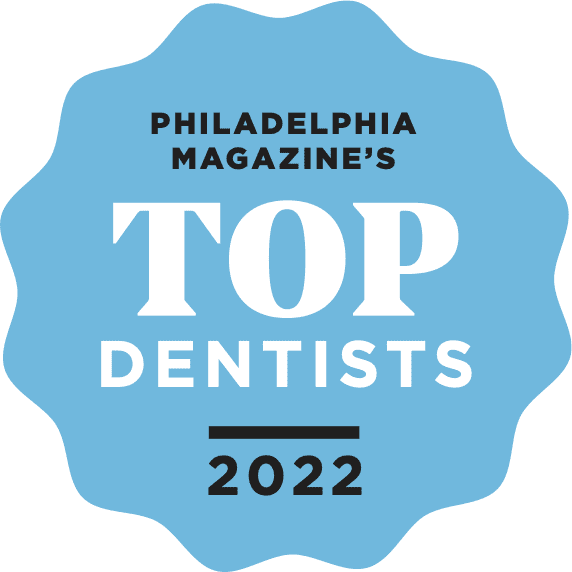Do you frequently notice a sticky, tacky feeling in your mouth? You might have dry mouth, a condition that feels unpleasant but could also put your oral health at risk. Do not ignore this issue with your smile or you could heighten your chances of many dental dangers.
Chronic dry mouth might point to larger oral health issues that will require dental treatment. But you can also resolve this issue from home in many cases. Read on to find advice from your Philadelphia dentist to get rid of your dry mouth symptoms and protect your smile.

Tips for Fighting Dry Mouth Symptoms
Stay Hydrated
The human body is made of water primarily, so you know that you need to stay hydrated in order to remain healthy. If you become dehydrated, you could face health risks that may also impact your smile. Dehydration will cause you to produce less saliva, leading to dry mouth.
Then dry mouth allows oral bacteria to spread with ease and heighten your chances of contracting infections like gum disease. To eliminate the risk, you should stay hydrated, which means drinking plenty of water.
Dentists and health experts agree you need to drink at least eight eight-ounce glasses of water each day. If you consume caffeine or other items that could dehydrate you, you will need to drink more water to compensate and stay healthy.
Stimulate Saliva Production
If you notice that you have dry mouth, you can counter this symptom by stimulating saliva production. You can do this through the act of chewing. But you might not want to disrupt your diet by eating when not hungry.
Dentists suggest chewing sugar-free gum to encourage saliva production in this case. Make sure you choose a brand of gum that does not contain sugar. Sugar becomes acidic when it reacts with saliva, and it can then eat away at your dental structure and put you at risk of forming cavities.
Protect your teeth and your overall oral health by trying sugar-free gum when you feel dryness in your mouth. You can spend less time at your dentist’s office undergoing dental work when you take these preventative measures.
Evaluate Environmental Factors
Sometimes, your surroundings will contribute to the likelihood that you form dry mouth. So next time you notice you have dry mouth, pay attention to your environment. If you see a pattern of your surroundings and your dry mouth symptoms, consider altering your environment.
For instance, dry air within a room can massively increase your risk of dry mouth. If you cannot avoid this environment, you may want to purchase a humidifier. This device will add moisture to the room so that the air will not dry out your mouth and hurt your smile.
Make changes like these to avoid dry mouth and the accompanying threats to your oral health. If you do not see a correlation between your environment and your symptoms or if the issue worsens, talk to your dentist as soon as you can.






